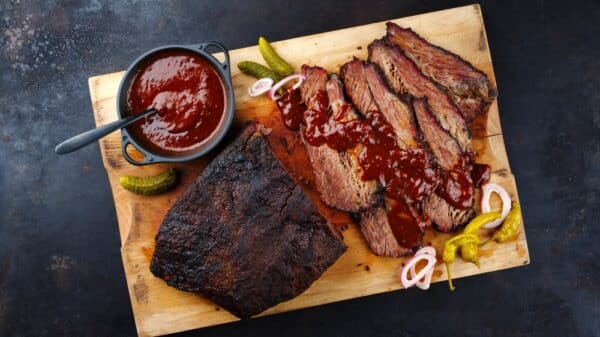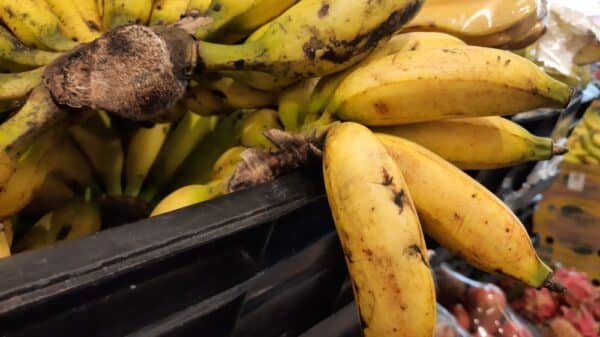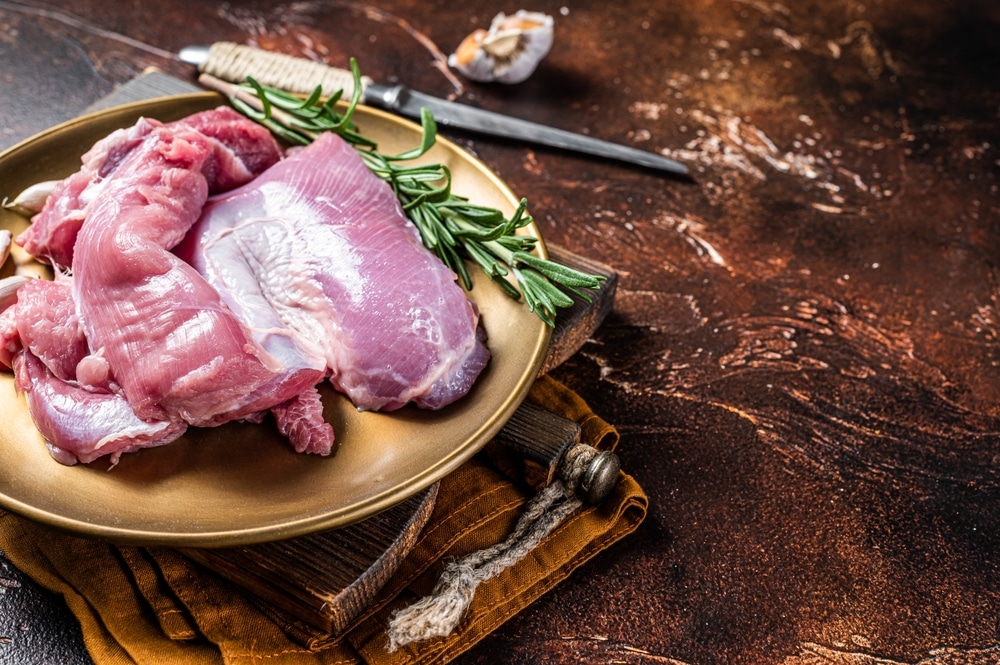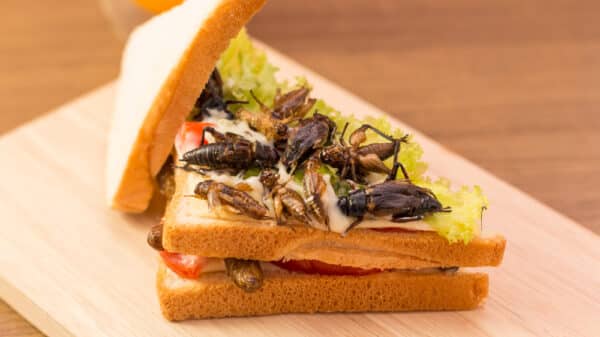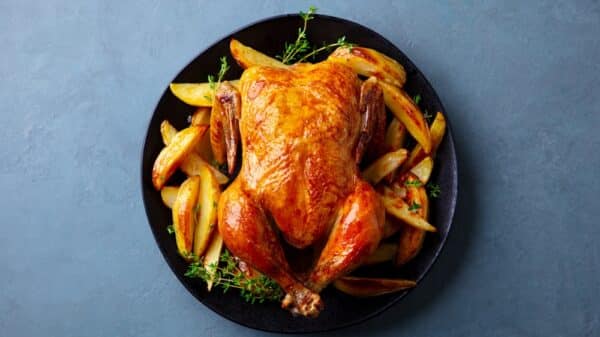When the Plymouth colonists and the Wampanoag people sat down for their historic Thanksgiving feast, it’s hard to believe they could have envisioned the complex, often troubling landscape of food safety we face today. While their celebration was one of gratitude and shared sustenance, modern dinner tables can be disrupted by unforeseen corporate food recalls, including those that involve the centerpiece of many holiday meals: turkey.
Fast forward to today, the landscape of food production bears little resemblance to that of early America. The lessons history has offered show that a food safety crisis can occur at any moment, affecting anything and everything available in grocery stores—and yes, that includes turkey.
Turkey, like all meats, has certainly faced its share of recalls due to safety concerns. These crises are frequently tied to contamination, whether it be from harmful bacteria like salmonella and listeria or even unexpected foreign objects, such as plastic. The risk frequently escalates with how processed the turkey is; the more it moves through the assembly line, the more opportunities those unwelcome risks have to sneak in. In rare instances, such incidents can lead to severe, even deadly consequences. Let’s take a closer look at some noteworthy turkey recalls that have impacted the industry in recent years.
One of the most significant recalls occurred in May 2024, involving numerous turkey products produced by BrucePac. Known for making ready-to-eat poultry for major retailers such as Aldi, Walmart, and Trader Joe’s, BrucePac had a major task ahead of it when they discovered possible listeria contamination in their products. Listeria monocytogenes is a notorious bacteria, causing serious illness that can be especially dangerous for pregnant women, the elderly, and people with weakened immune systems. In this case, it wasn’t just a few products that were affected; the USDA report spanned over 400 pages, detailing a staggering 11,765,285 pounds of turkey items needing recall. Thankfully, no one reported illnesses linked to BrucePac’s products, but the sheer scale of the situation truly underscores the importance of vigilance in food safety practices.
In another alarming incident in January 2024, Salm Partners LLC announced the recall of 133,039 pounds of their Parkview Turkey Polska Kielbasa after customers reported bone fragments in their smoked sausages. Nobody wants to find something as unexpected and inappropriate as bone in their turkey kielbasa—or any food item, for that matter! The USDA has strict regulations regarding how much bone can legitimately remain in poultry products, and complaints from consumers indicate that one individual even sustained an injury from one of these bone pieces. For a quick resolution, anyone who potentially had this kielbasa in their home was encouraged to return it for a refund right away, emphasizing the importance of consumer awareness when it comes to food safety.
Then there were the Jennie-O turkey meatballs that created quite a stir in April 2023. Consumers unsuspectingly bought mislabeled frozen products that didn’t just include turkey; they contained undeclared soy protein concentrate—a serious concern for those with soy allergies. As soy is consistently on the list of common allergens, the USDA had to step in quickly, prompting an immediate recall of nearly 11,800 pounds of these mislabeled meatballs. This situation perfectly illustrates how an oversight in labeling can have real implications for consumers, particularly for families with children who might be among those most affected by food allergies.
Butterball, a household name synonymous with Thanksgiving, also experienced a significant recall in October 2021. About 14,107 pounds of ground turkey products were pulled from shelves after possible contamination with small blue plastic fragments came to light. Thankfully, there were no reports of consumers actually finding the plastic in their turkey, but it serves as a reminder of the need for safety and diligence in food production. Butterball swiftly reiterated its commitment to ensuring consumer health and safety, emphasizing the steps they take to uphold stringent quality standards.
Lastly, Conagra Brands has faced its fair share of food safety issues over the years, including a significant recall in 2020 concerning their frozen turkey and chicken bowls. Acknowledging that small rocks were popping up in customer meals likely wasn’t the start to the New Year that Conagra envisioned. Approximately 276,872 pounds of these ready-to-eat meals ended up being recalled due to this unexpected and unwelcome crunch. With customers advised to check their freezers, this incident drives home the point that unforeseen issues can arise even in the most well-established brands.
As we sit down to our Thanksgiving meals—inspired by those early harvest celebrations—it’s worth taking a moment to appreciate how far we’ve come while being aware of the challenges that still exist. Although we might not face the same battles as our predecessors around the dinner table, staying informed and vigilant is crucial in ensuring our holiday feasts remain joyful and safe for all. Understanding food recalls and being prepared empowers us as consumers, reminding us that safety truly starts at the source, long before the turkey is carved and served.In March 2019, history repeated itself for Butterball when a serious health concern emerged, alerting consumers to potential risks associated with their ground turkey products. The U.S. Department of Agriculture’s Food Safety and Inspection Service (FSIS) announced that six different ground turkey items manufactured by Butterball were linked to salmonella contamination. This recall wasn’t just an isolated incident; in total, it involved a staggering 39 tons—or 78,164 pounds—of raw ground turkey, including products sold under the Butterball label and others marketed by Kroger and Food Lion.
What made this recall particularly urgent was the data that surfaced from public health officials. The Centers for Disease Control and Prevention (CDC) revealed that these specific products were connected to a salmonellosis outbreak affecting five individuals across two states. Salmonella, while often identified with symptoms such as severe diarrhea, abdominal pain, and fever, can escalate into critical complications for certain vulnerable populations. According to the CDC, this bacterial infection is responsible for approximately 420 fatalities nationwide each year, underscoring the serious implications of foodborne illnesses. Amid this crisis, a portion of the tainted turkey had already made its way to food banks in Minnesota, North Carolina, Wisconsin, and Massachusetts, raising even more alarm about the potential health risks for those communities.
Just a year prior, in 2018, another major turkey producer was in the spotlight for similar reasons. Jennie-O ground turkey came under scrutiny when a salmonella outbreak was traced back to their products, resulting in the recall of 164,210 pounds of raw turkey. The CDC, along with health officials from Michigan, confirmed that at least 216 people across 38 states fell ill, a situation that had likely been brewing since November 2017. Steve Lykken, then-president of Jennie-O Turkey Store, stood by their commitment to enhancing food safety protocols. He highlighted that the company had made strides in operations to reduce salmonella risk, including routine vaccinations for their turkeys. Still, he acknowledged a sobering truth; “We recognize the issue of salmonella isn’t confined to us,” he conveyed—an admission that resonates with anyone who’s ever navigated the complexities of food safety and trust in the products they consume.
Looking back further, in October 2017, Prestage Foods faced its own set of challenges when reports surfaced of metal fragments found in turkey packages at Publix stores. When a diligent Publix employee took notice, they promptly notified the USDA, triggering a recall that ended up involving over 38,475 pounds of turkey across nine states. The issue arose from concerns about potential contamination during the cleaning of processing equipment; yet, thankfully, there were no reported injuries. The USDA classified this recall as Class II, explaining that while the risk to consumer health was minimal, it still required public attention.
These incidents serve as stark reminders of the ongoing challenges the poultry industry faces and the crucial importance of food safety practices. For the everyday consumer, these recalls can inspire a mix of frustration and concern—wondering how to ensure what’s on their dinner plate is safe to eat. Staying informed about such recalls can empower you to make safer choices in the kitchen. It means not just understanding food labels but being aware of the brands and their records. By educating ourselves and fostering vigilance, we can contribute to a safer food supply, one informed decision at a time.





